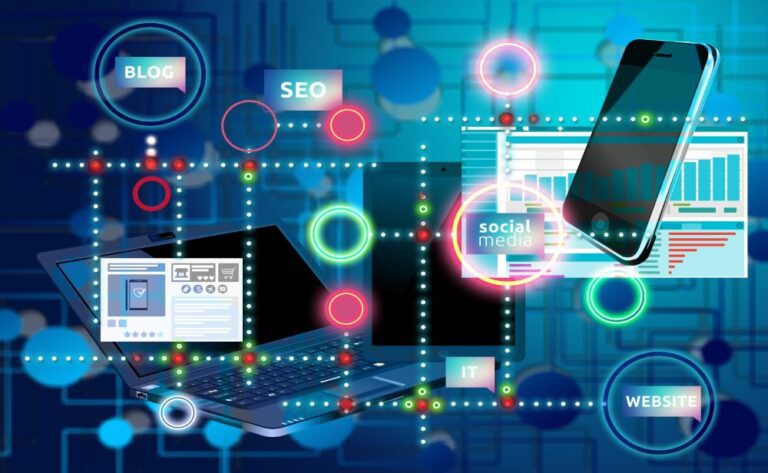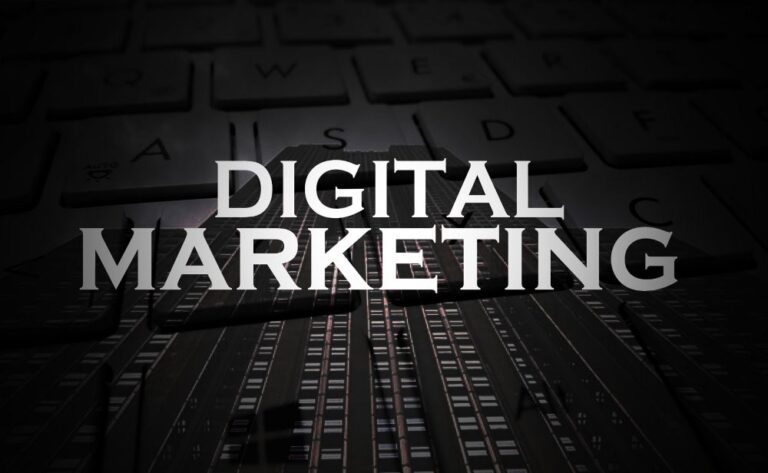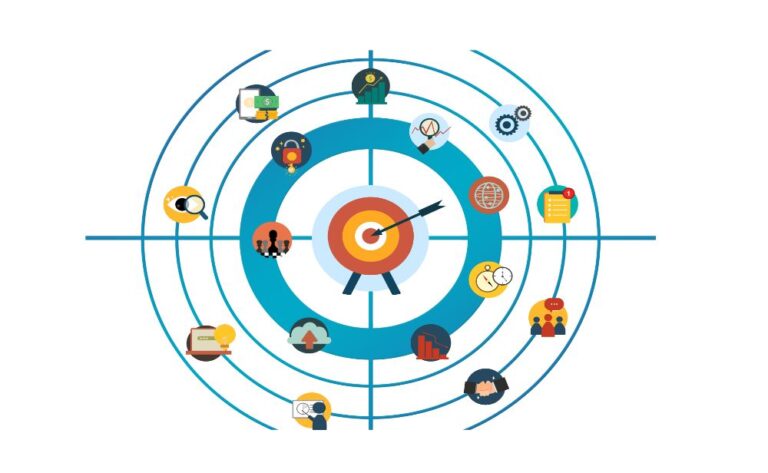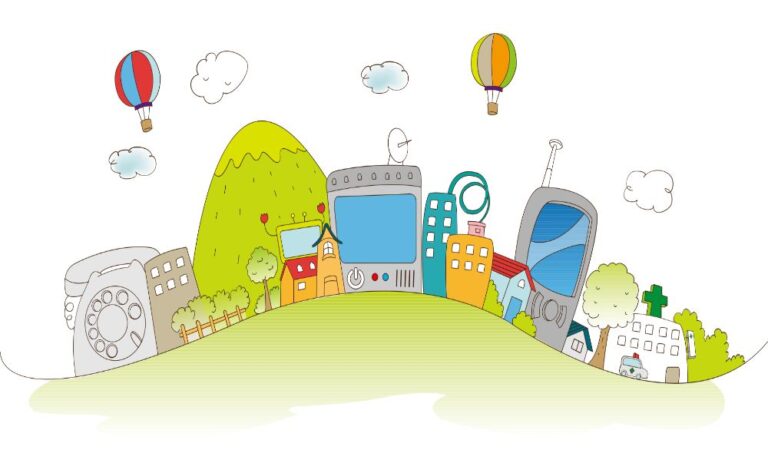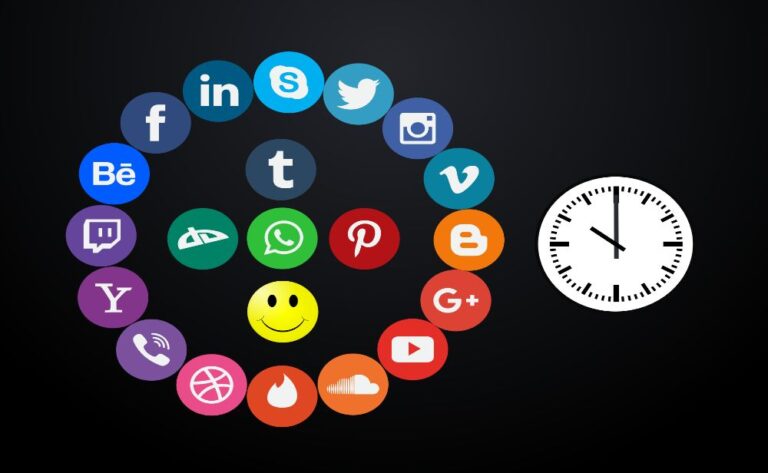What Digital Marketing Skills Do You Need for Web 3.0 and The Metaverse?
The speed at which things change in the digital age is almost incomprehensible. What is important right now could not be relevant in the future.
If there’s one thing that the events of the last few years have taught us, it’s that the digital world has very few limits. The demands and anticipations of customers are in a constant state of flux because of the rapid acceleration of technological progress and the developing landscape of the post-Covid-19 marketing landscape.
Today’s digitally native consumers (mostly millennials and gen zers), who have access to practically limitless information with the swipe of a screen or the click of a button, demand a high level of value or customization from companies across all industries.
A new fad, algorithm, or innovation will come along just when you think you have your marketing approach all figured out, and it will pull the virtual rug out from under your feet. And, what do you think? There will soon be yet another shift.
The metaverse and Web 3.0 are arrived, and this might significantly alter the way digital marketing is practiced in the future. In order to assist you in getting ready for this exciting new era of digital technology, we will now describe what the metaverse and Web 3.0 are. In addition, we will discuss the digital marketing abilities that are necessary for your success.
First, let’s have a quick review of what Web 3.0 is and what the metaverse is.
A fairer internet
To begin, there was Web 1.0, which may be thought of as the first iteration of the internet and was introduced in the early 1990s. This decentralized version of the web had a limited scope, but it laid the groundwork for Web 2.0, which is the hyper-connected and highly individualized version of the internet that we are all familiar with today.
The next stage in the development of the internet is known as Web 3.0, and it is a concept that will alter the way in which we communicate with one another in the digital sphere. This new version of the world wide web is an extension of the interconnected, mobile-centric, app-based evolution of the internet, and it is set to give users more control over their digital destinies. This new version of the world wide web is an extension of the interconnected, mobile-centric, app-based evolution of the internet.
People will have the ability to establish their own branches of the web by utilizing upcoming technologies such as blockchain, which will become more widespread as Web 3.0 continues to develop. This will give individuals more control over their online experience. Users will have a greater degree of control over their personal data, and as a result, they will be able to utilize it as an advantage, inside this new digital playing field that is more immersive ” By giving users the ability to act as their own sovereigns, Web 3.0 will make the internet a more equitable place. For there to be true ownership and control over who makes money off of one’s time and knowledge, true sovereignty must be present. Individuals will be able to connect to an internet using Web 3.0’s decentralized blockchain protocol, which will provide them the ability to control their time and data while also receiving appropriate compensation for it “According to Charles Silver’s article in Forbes.
The Internet With Complete Immersion
The next stop is the metaverse. People have always understood the metaverse to be a digital realm where people can experience the web (consisting primarily of innovations and applications developed for Web 3.0) in an immersive manner, experiencing gamification, apps, and content in a manner that is almost tangible and has a sense of three dimensions. The term “metaverse” appears quite frequently in works of science fiction literature. In point of fact, one may consider it to be a playground for marketers.
Once upon a time, virtual reality (VR) and augmented reality (AR) appeared like a far-off concept for the future; but, now that technology is maturing, it is beginning to become a part of our everyday lives. According to the diagram provided by VR Vision, the following are the seven layers that make up the metaverse:
The competencies in digital marketing that are necessary for your success
It is essential to keep your digital marketing skills up to date in order to meet the demands of your audience in this dynamic environment. As we go through a massive paradigm shift that enhances the safety, connectivity, immersiveness, and personal ownership of the world wide web, it is becoming increasingly important to do so.
Here are some of the key digital marketing skill areas that will help you flourish in the age of the metaverse. While you will always need to adapt and change to be influential and relevant, here are some of the core digital marketing skill areas that will help you succeed.
1. Marketing with a focus on semantics
Building up your expertise in content marketing is absolutely necessary since we are moving towards an era in which the internet will become less centralized and the major players will no longer have a monopoly on the entire World Wide Web.
In Web 3.0, brands and marketers will be required to take a semantic approach to the content creation work they do, rather than generating value-driven material focused on specific keywords or phrases. The semantic approach entails producing tailored content based on an entire topic, complete with in-depth insights that are value-driven and that completely fit the search intent of a user.
Your efforts to promote semantic content can be approached in a few different ways, including the following:
• Focus not just on keywords but also on subjects.
• Address any often asked or relevant practical questions regarding your subject.
Consider the specific reasons someone might be looking for information on this subject. Consider where they are on their path at this point.
In this day and age of the metaverse, if you level up your content marketing skills and make it a point to ensure that your communications and ideas are founded on providing precise insight and profound personal relevance, you will improve your search engine rankings while simultaneously driving genuine engagement.
In addition, Forbes believes that user-generated content (UCG) will become even more valuable in this brave new world because people will be incentivized by tokens, which are a form of virtual currency. This will give people ownership of their content as well as a stake in the publication or platform that they contribute to. As a result, utilizing user-generated content is anticipated to result in increased levels of trust, authority, and awareness in Web 3.0. 2. Superior functionality for the end user (UX)
Since quite some time, user experience (UX) has been a significant priority for digital marketers. In this more immersive and decentralized age, expanding your skill set will result in that all-important competitive edge.
In order to be successful in the metaverse, the websites, platforms, and online stores of the future will need to be completely interactive, user-friendly, and even three-dimensional (3D). It is necessary to work on enhancing your user experience design and communication abilities in order to satisfy the current needs and expectations of consumers.
You will emerge victorious on the commercial battleground of the future if you find fresh and unique ways to design an experience that is totally devoid of any friction and that draws a user closer to your company. In light of this, continuing your education in the subject of user experience design (UX) is critically vital.
2. Immersive marketing approaches
As we go towards a place that is more interactive and immersive, the use of virtual reality (VR) and augmented reality (AR) will become increasingly important to providing a valuable user experience. This statement builds on the one made in the preceding paragraph.
Learning how to use immersive marketing strategies, technologies, and platforms will be absolutely necessary in order to compete in Web 3.0 and the metaverse. Users will anticipate having a three-dimensional experience that, in a manner of speaking, bridges the gap between the real world and the digital one.
For instance, Ralph Lauren collaborated with Zepto, a social networking avatar simulation platform, in order to change the retail business in the direction of a more immersive experience. The company developed an exclusive clothing line in collaboration with Zepto, which enables consumers to try on different garments through the use of their digital avatars and engage with their possible purchases before making a decision.
Minecraft, Roblox, Pokemon, and Fortnite are examples of well-known gaming platforms that are already operating in this area. Many of them are already well-known to Generation Alpha, the youngest and most digitally native audience of all the generations.
The metaverse is still in its infant stage as a digital channel for marketing, but recent campaigns have shown that brands from a variety of sectors are embracing the immersive quality of the platform to advertise their products. For example, Roblox had an area called Gucci Garden, in which users could try on and buy digital Gucci merchandise to decorate their avatars. Its purpose was to increase brand recognition among consumers under the age of 35.
This kind of innovation and these kinds of partnerships will become ubiquitous in the world of future, and it will become your responsibility as a marketer to assist in making them a reality as soon as possible.
Conclusions and musings
There is no reason to be concerned about the arrival of the new age. You can turn change into opportunity if you have the necessary abilities in digital marketing and planning. You can also use your ingenuity to put yourself ahead of the competition by taking one unique step at a time.
You have arrived in the metaverse, and we look forward to helping you acquire the skills you need to succeed with Web 3.0.


